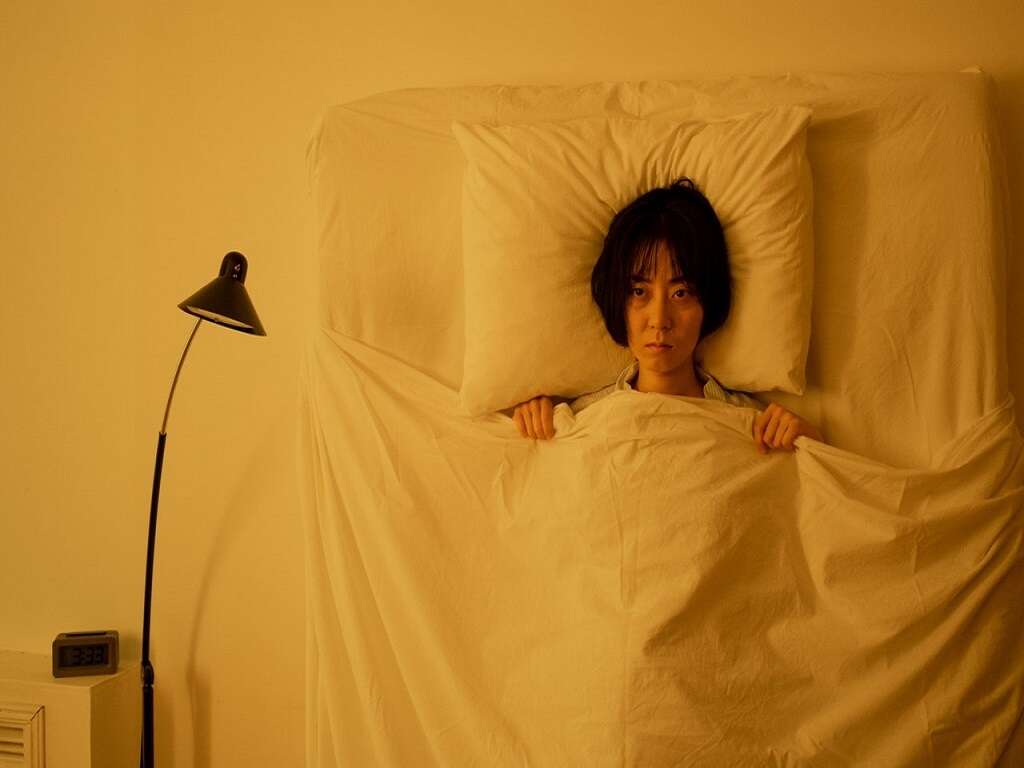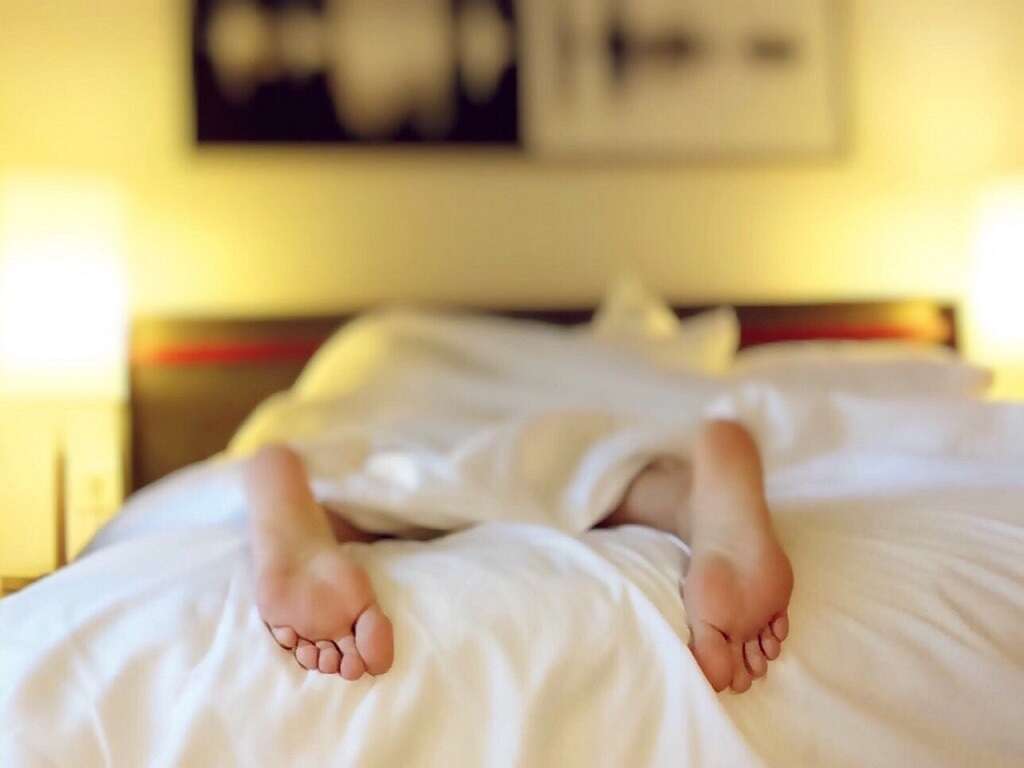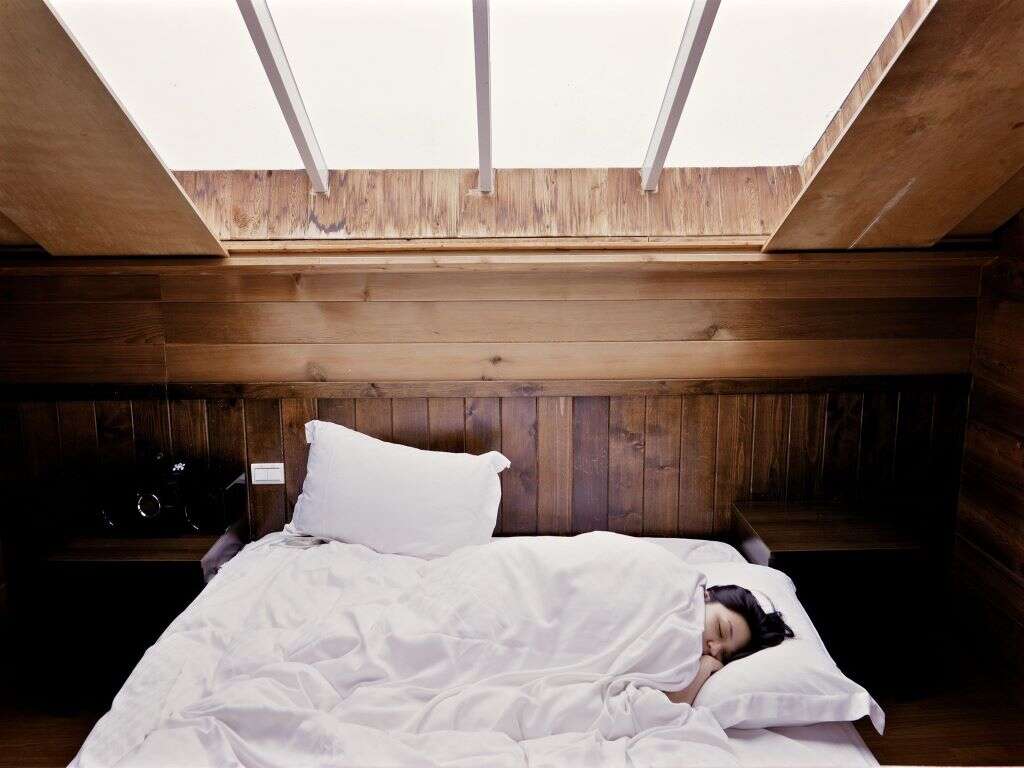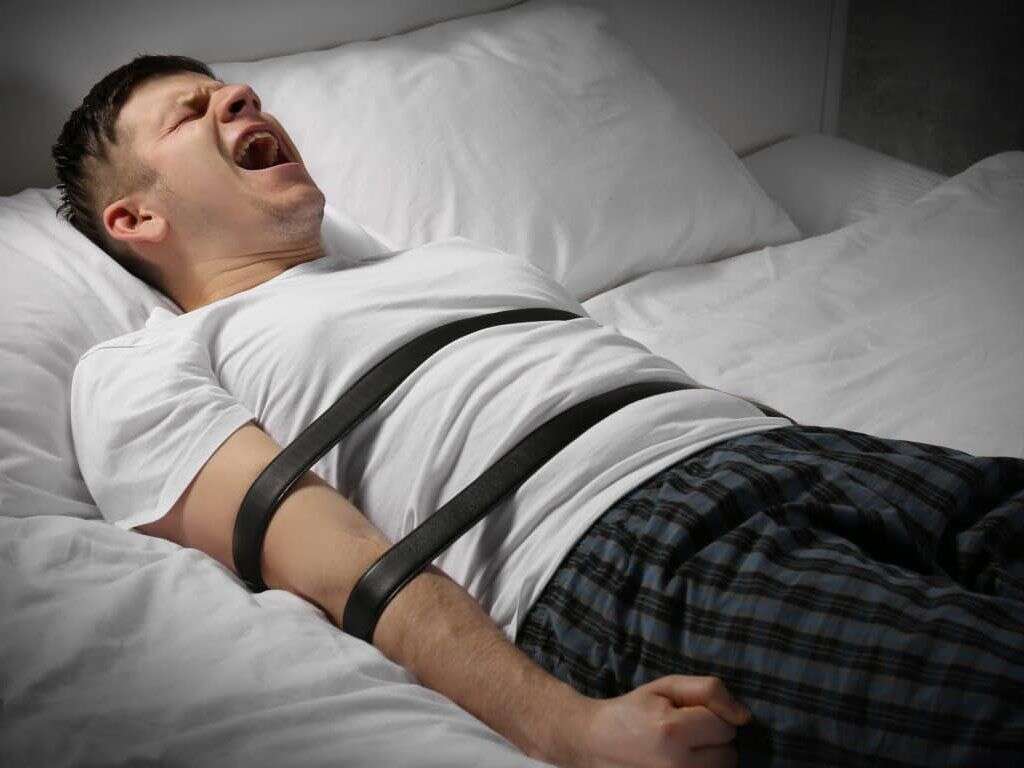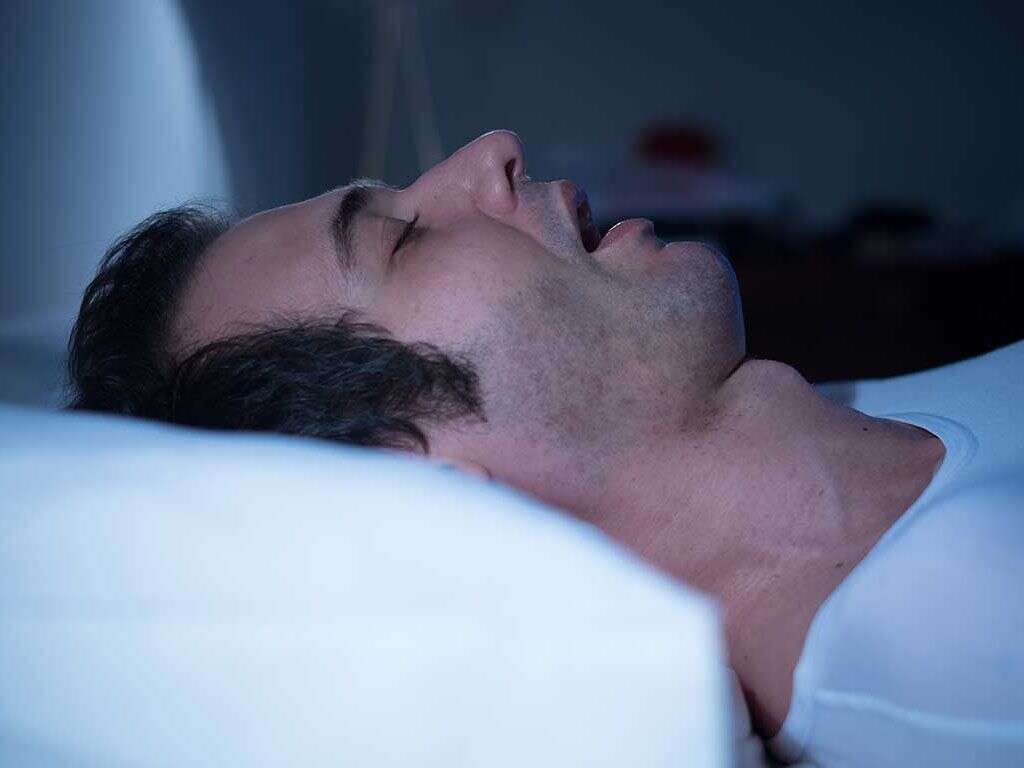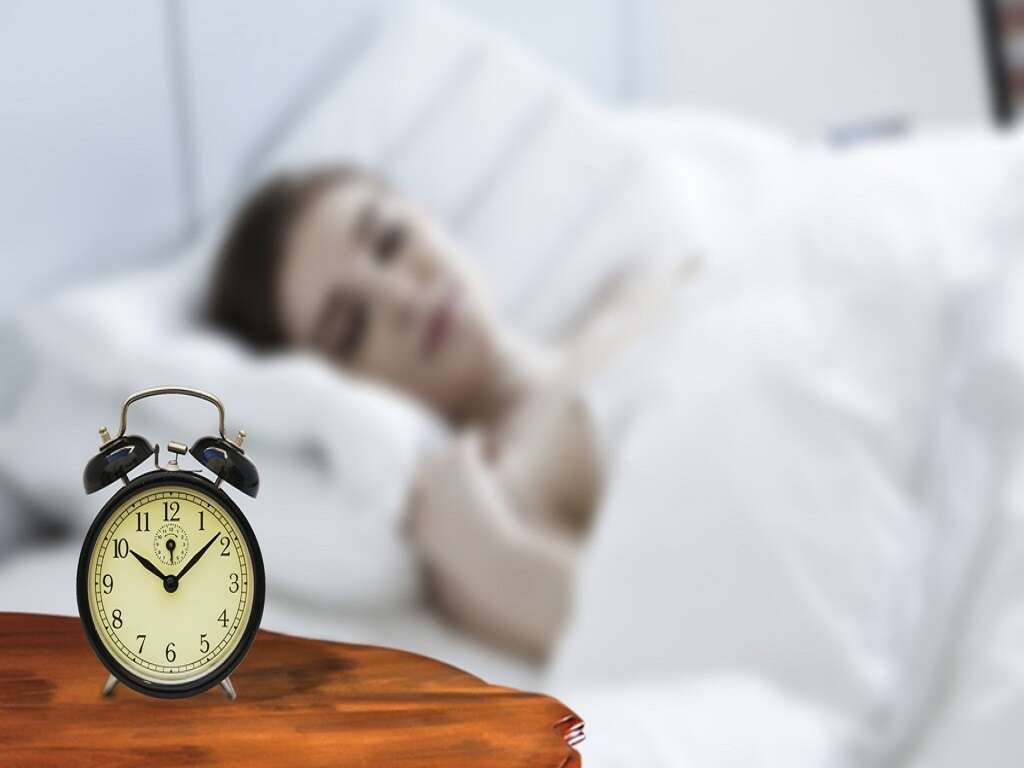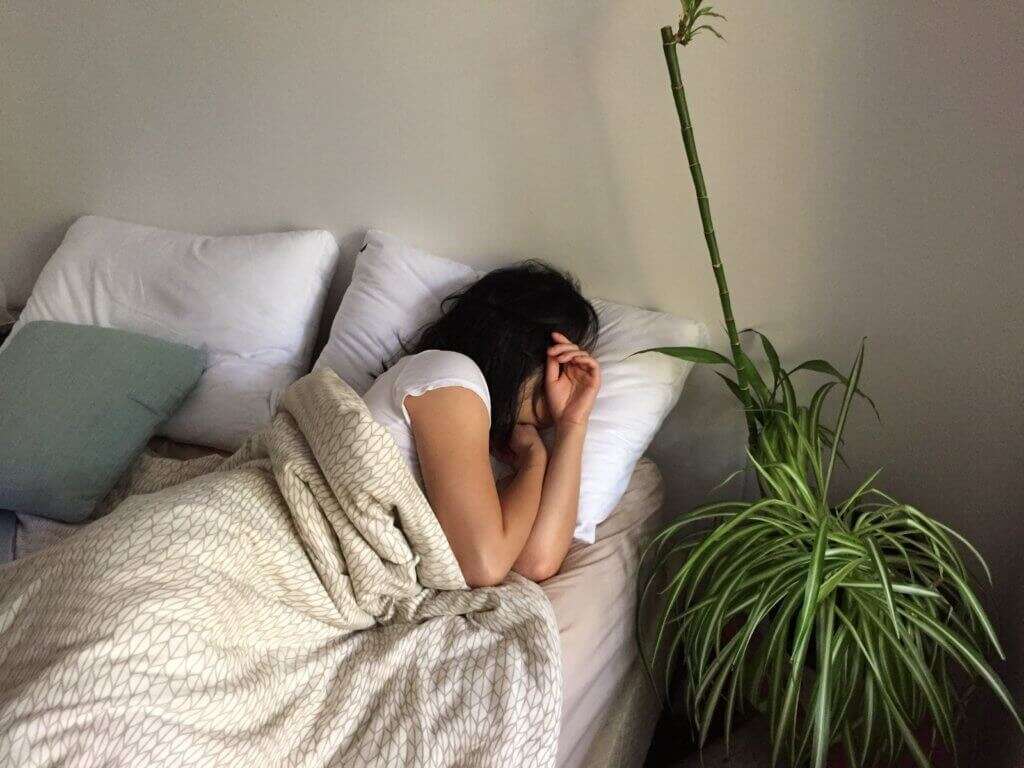10 Causes of Insomnia
Insomnia is a term referring to a sleep disorder involving difficulty to fall asleep or stay asleep. This can lead to a feeling of inadequate rest as well as tiredness. You may also find it difficult to concentrate, experience mood disturbances, low energy or reduced productivity.
There are two main types of insomnia: chronic and acute. Chronic insomnia is sleep disruption that occurs three or more nights in a week for three months or longer, while acute insomnia is short lived and may occur for several nights per week for a few weeks. But what causes insomnia? Following are some of the 10 most common causes of insomnia.
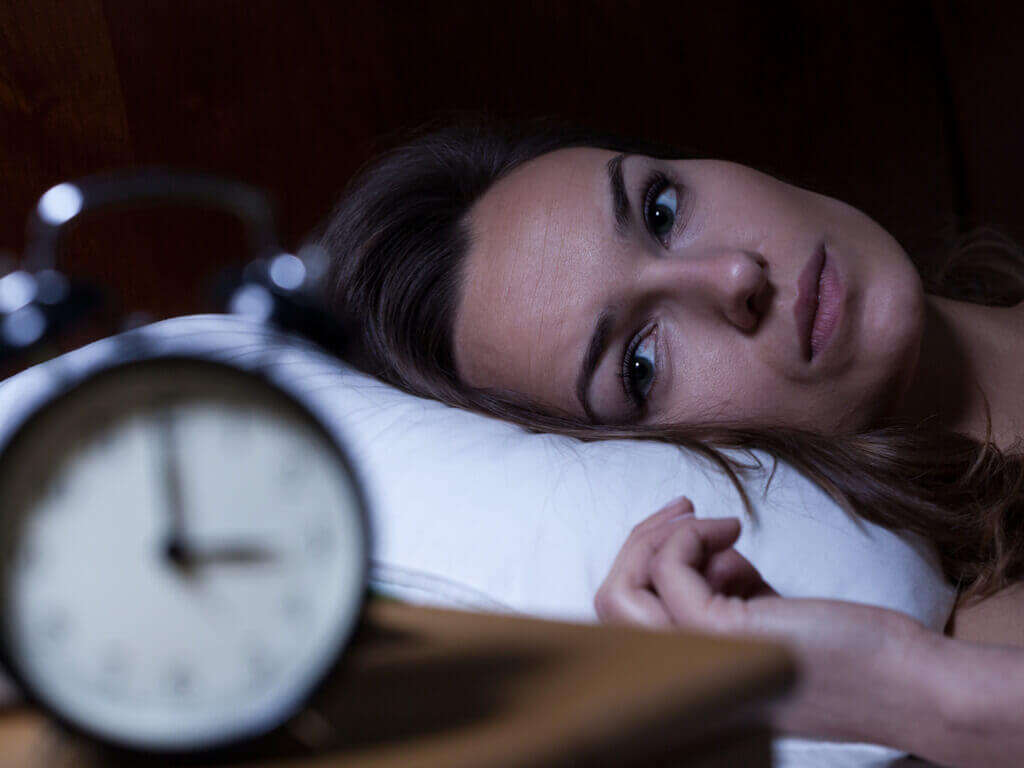
Cause #1: Going To Bed At Irregular Times
Going to bed at varying times at night can cause insomnia. This happens because the body’s natural rhythm is disrupted. Your body goes through a wake-sleep cycle known as the circadian rhythm. This biological rhythm helps keep you awake during the day and keep you asleep at night.
However, when you sleep at significantly different times from one day to the next, the circadian cycle is thrown into confusion. In this state, it becomes difficult for your body to adjust to sleeping or waking. As a consequence, you may experience sleeplessness at night and sleepiness during the day. To remedy this, and therefore recover from insomnia or prevent it, work on sticking to similar timings for going to bed and waking up every day.

Cause #2: Travelling To Different Time Zones
Travelling to a different time zone can cause insomnia. This usually happens when you travel eastwards. As the new time zone is ahead of your normal time zone, you would need to sleep much earlier than you are accustomed to. However, because your biological clock is set for sleeping later, you may find it difficult to fall asleep.
This kind of insomnia is usually temporary and you will probably adjust in a few days. While travelling westward can also cause some sleep disturbance, it is usually less serious because it is similar to having a longer day or night so you will still have adequate time to rest.

Cause #3: Sleep Apnea
Sleep apnea is a condition in which the airways are blocked during sleep. This leads to wakefulness as the mind subconsciously rouses you to wake up to breathe. Because sleep apnea is normally a chronic problem, the subconscious mind may cause you to remain awake for a long time when you want to sleep.
Sleep apnea can cause a feeling of sleepiness during the day. This may happen because you had sleep disturbances throughout the night such that you didn’t get adequate restful sleep. This may happen even if you are not aware of it. Sleep apnea can cause chronic insomnia. For this reason, you should consult a sleep doctor or ask your doctor for assistance.
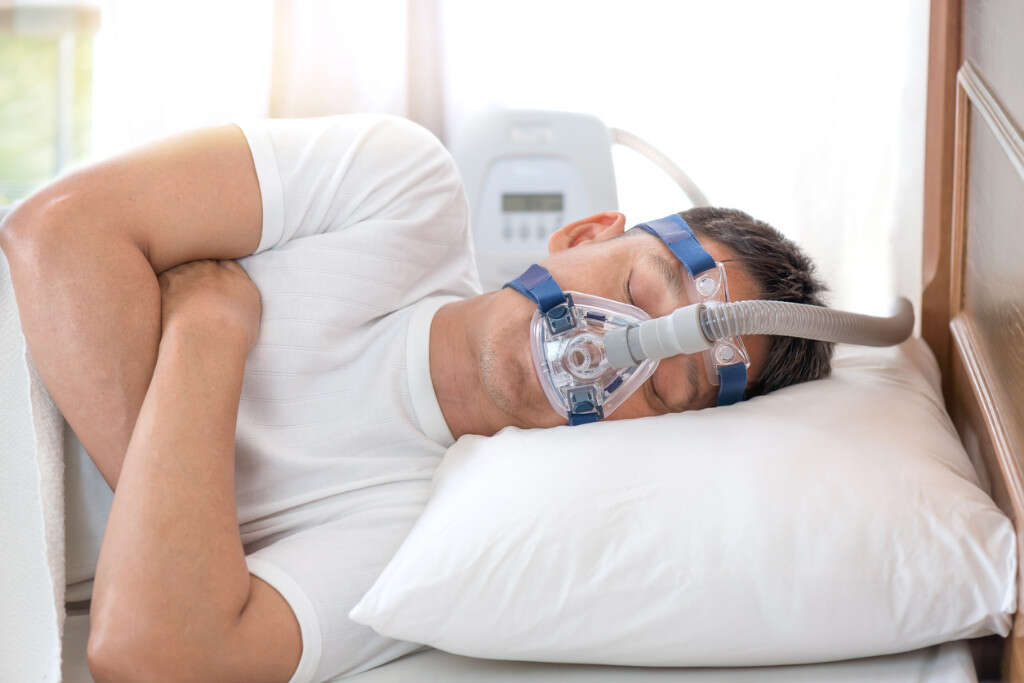
Cause #4: Using Your Smartphone Or Tablet In Bed
Are you the type of person that spends every available moment on social media? This is probably the reason you have difficulty falling asleep. Recent studies, including one by Rensselaer Polytechnic Institute, have found that backlit smartphone, tablet and computer screens can disrupt sleep.
This suggests that using these items in bed or just before going to bed can affect your sleep pattern, including keeping you awake long after you decide to sleep. It can also worsen your insomnia if you already suffer from it. For better sleep health, avoid using these electronics prior to your bedtime. Better still; keep them out of your bedroom.
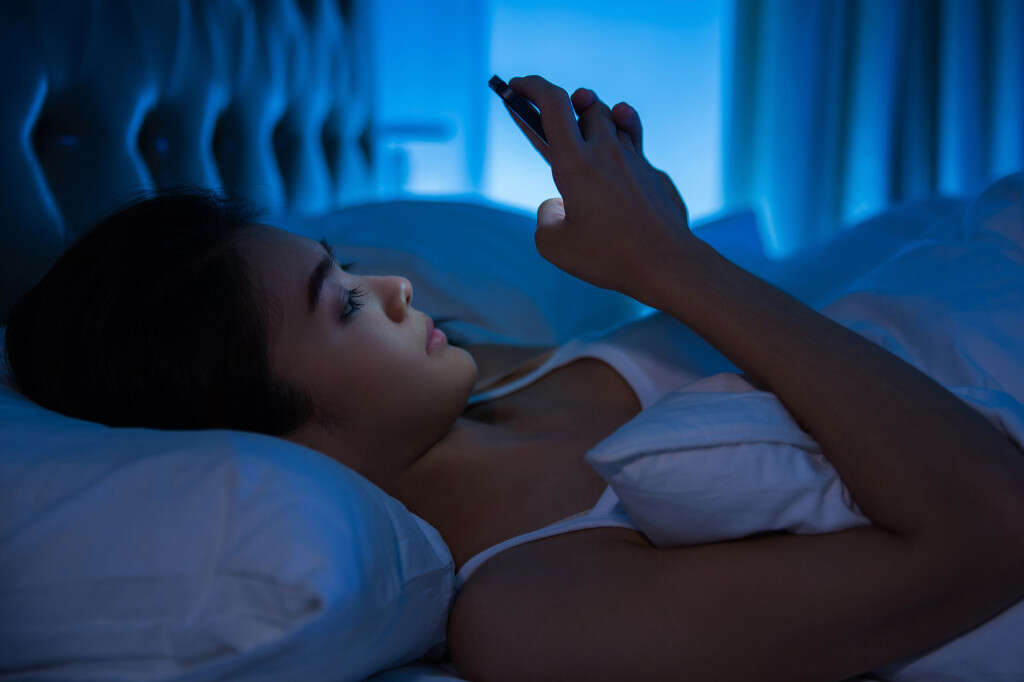
Cause #5: Medications
Some medications can disrupt sleep in some individuals. This means that if you are on such medications, you may experience disturbed sleep for the period of the prescription. Having a long-term prescription for such medications can lead to chronic insomnia. The American Association of Retired Person’s lists medications that may cause insomnia as corticosteroids, alpha blockers, beta blockers, statins, ACE inhibitors, SSRI antidepressant, glucosamine, cholinesterase inhibitors, ARBs and second generation H1 agonists.
If you are on any of these or other drugs and have insomnia, talk to your doctor. The doctor may prescribe alternative medication. You should also let your doctor know that you have insomnia any time he prescribes or changes your medication.

Cause #6: Allergy
Allergies can cause insomnia in a susceptible person. This can happen during the notorious allergy seasons when there are many allergens in the atmosphere. It can also happen because you are allergic to something within your house, and especially within your bedroom. This can mean that your airways are irritated, making it difficult to breathe. With such difficulties, it may take you longer to fall asleep.
The breathing difficulty may also cause you to wake up from your sleep similar to what happens in a person with sleep apnea. Seek a doctor’s advice on ways to deal with insomnia resulting from allergies. Also note that some allergy medications may cause sleep disturbances. For this reason, ask your doctor if any allergy medications prescribed to you may cause insomnia.
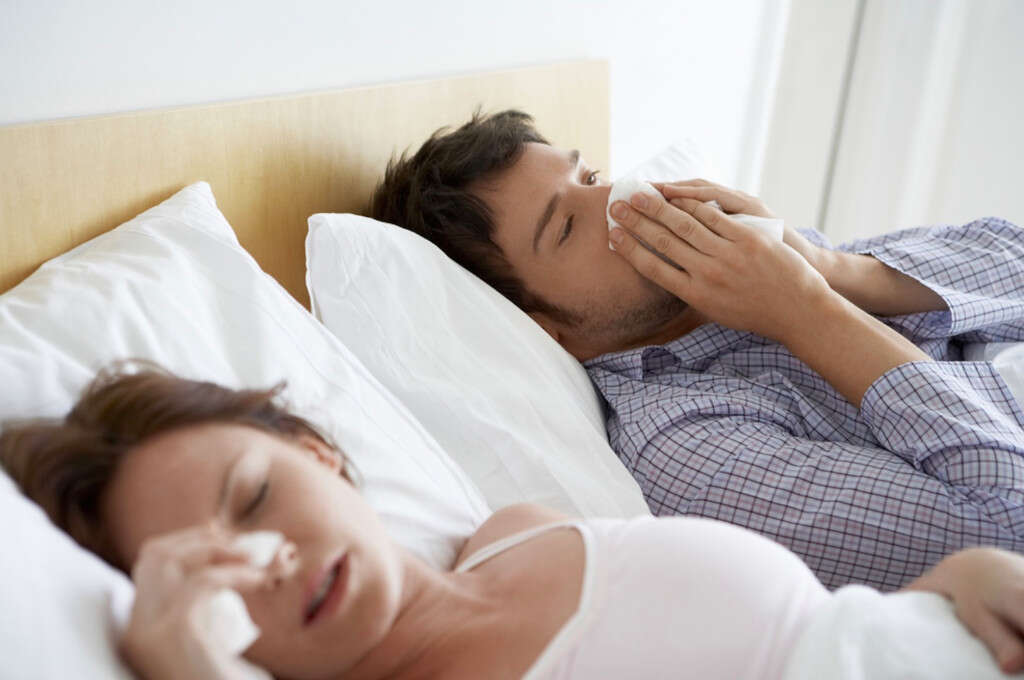
Cause #7: Getting Up At Night
Some people wake up at night to go to the bathroom or because of an issue like sleep apnea. If this happens frequently, it may become difficult to fall back asleep. This happens because waking up from sleep interferes with your sleep pattern.
Note that every time you wake up at night, you reduce the amount of time that you will be asleep. When it is time to wake up in the morning, you will probably have lost a significant amount of your sleep time. Overtime, these chunks of lost sleeping times add up and you will be deficient of restful sleep. This can become a chronic issue and may cause you to experience the symptoms of insomnia.

Cause #8: Anxiety
Irrespective of its cause, anxiety can cause insomnia. Anxiety is a condition that causes a person to worry excessively about something. Such worrying may be related to something temporary such as a forthcoming examination, or a long running issue like family problems. In the case of a temporary issue, the anxiety and any sleep disturbance may fade away once the issue has passed.
However, in the case of long running issues, the anxiety may become chronic. If an individual keeps thinking and worrying about the problem well into night time, chronic sleep disturbances including insomnia may set in. To deal with insomnia caused by chronic anxiety, it may be necessary to consult a psychologist.

Cause #9: Excess Coffee
Drinking coffee helps you stay alert, which is a good thing during the day when you need to carry out various tasks. But you don’t want such kind of stimulation once you go to bed. You want your body to relax so that you can drift away into a restful sleep.
Coffee contains caffeine, a stimulant that can stay in the system for up to eight hours. This is why drinking coffee at night, or even in the afternoon is not a good idea. In fact, according to the National Sleep Foundation, drinking more than one or two cups of coffee during the day can affect your sleep later in the night. A 2005 study found that people who drink four or more cups of coffee a day were more likely to suffer from insomnia than people who didn’t drink coffee or drank one cup of coffee.

Cause #10: Depression
Depression is a psychiatric problem that can cause insomnia. A person suffering from depression may find it hard to sleep at night. Sleep disturbances such as insomnia are some of the symptoms of depression. A person with depression is more likely to get insomnia than a person without depression. However, lack of sleep can also lead to or worsen depression. This suggests than either of the two can lead to, or worsen the other.
But depression, although one of the top 10 causes of insomnia, can be treated successfully. Therefore, if you have insomnia and are suffering from depression, you should seek treatment without delay in order to get rid of both problems.





